The family of a Fife dad who died shortly after being diagnosed with cancer following months of complaining about stomach pains have called for better screening for the disease.
Tam Barker, from Glenrothes, was only 47 when he passed away from pancreatic cancer, leaving young son Max, 11, fatherless.
Now the family have discovered that close relatives of pancreatic cancer sufferers also have an increased chance of dying from the condition.
The cancer has the poorest outcome with only 7% surviving five years from diagnosis – a rate that has not improved in more than 40 years, unlike most other cancers.
Scotland has one of the worst five-year pancreatic cancer survival rates in the world, ranking 35th of 36 countries, says Pancreatic Cancer UK.
Up to 80% of patients are diagnosed at stage four of the disease.
‘We are distraught’
Tam’s sisters, Catriona Barker and Isla Gear, say their brother had gone undiagnosed for months after being treated for painful digestive problems and food intolerance.
“He had been given blood tests, laxatives, antacids and other drugs for indigestion,” said Catriona.
“Sadly, blood tests are not able to detect pancreatic cancer.
“Our GP referred him for a scan but by then, the cancer had advanced to stage four.
“He died four weeks later in the Victoria Hospice, Kirkcaldy.
“I never want to see another young child standing at their father’s graveside because there is no screening for people at risk of pancreatic cancer.”
Tam had just qualified as a gas engineer and was about to move on from his taxi driving job in Edinburgh.
Isla, from Leven, told our sister title The Sunday Post: “We are distraught at losing Tam so quickly because he was so young. He didn’t stand a chance.
“One of our uncles also passed away from pancreatic cancer and there will be other families who’d benefit from routine screening.
“We feel screening must lead to an earlier diagnosis and better chances of survival.
“If we can make this happen across Scotland it will be a wonderful legacy to Tam.”
Pancreatic cancer research
The family have launched an online petition urging screening for everyone at risk and it has already racked up more than 167,000 signatures.
And they have been given hope by screening research being carried out by hospitals across the country and headed up by Liverpool University.
It includes Glasgow and Aberdeen Royal infirmaries.
The research also involves an NHS England-funded risk checker organised by Pancreatic Cancer UK.
The charity said: “The £100,000 family history checker is aimed at improving early diagnosis and signposting eligible (at-risk) people to a surveillance programme, EUROPAC (European Registry of Hereditary Pancreatitis and Familial Pancreatic Cancer)”
A total of 80 at-risk Scots have been detected by the screening.
Annabelle Boughey, research operations manager with EUROPAC, said: “The investigative screening is done by an endoscope which is fed from the mouth to the gullet and then to the pancreas to look for cysts which can signal the risk of developing it.
“People at confirmed risk of developing the cancer are screened annually or every six months.”
It is hoped that detecting pancreatic cancer can lower the 880 deaths it causes in Scotland every year.
“This is good news, but screening must be extended to everyone at risk,” said Catriona.
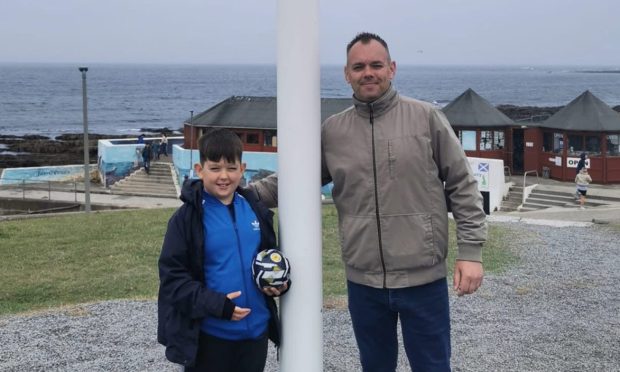

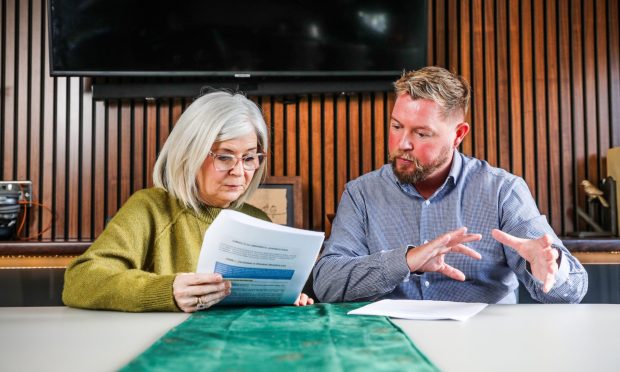
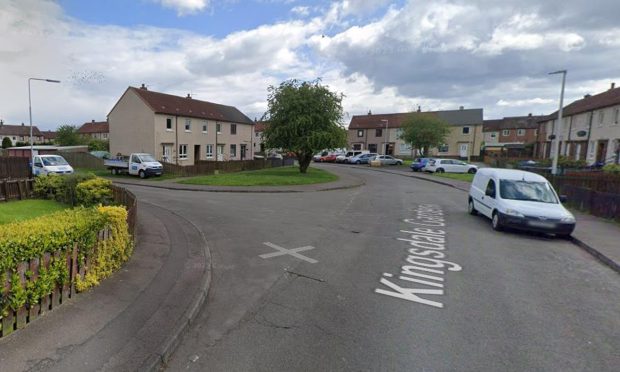
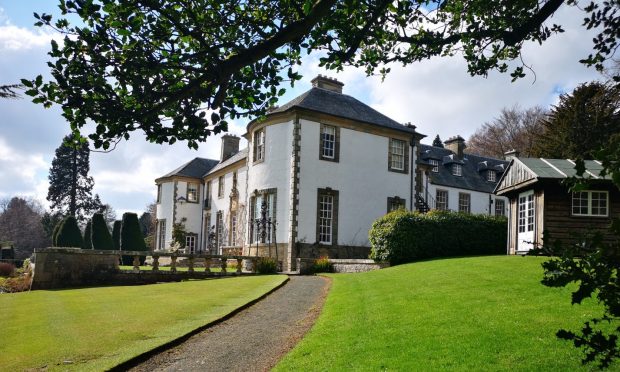
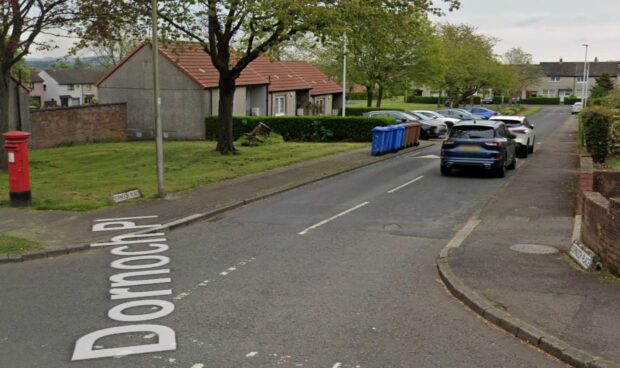


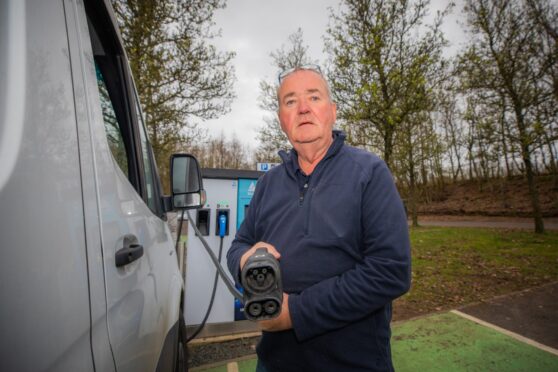


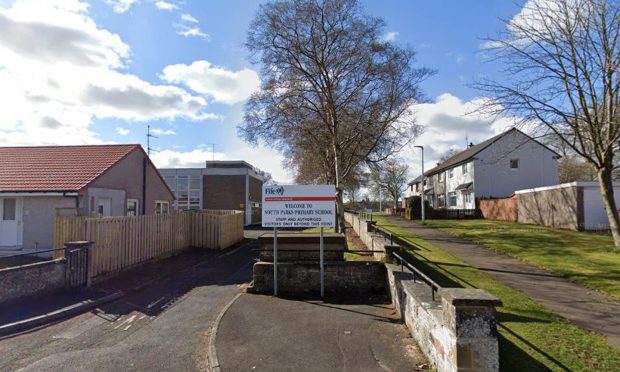
Conversation